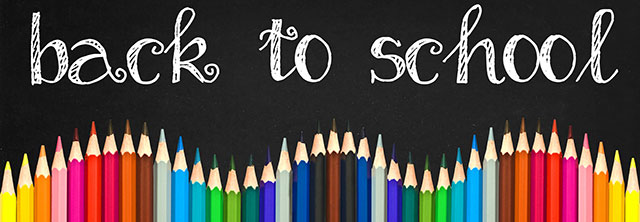
We’re helping make this year happier, healthier, and more equitable
SRI Education kicks off fall with an ambitious new approach to improving equity in STEM! We demonstrate how ed tech can improve outcomes in high-needs schools, examine trade-offs between impact and cost in a middle-school literacy program, and explore mathematics course-taking patterns to help more students fulfill a key graduation requirement.

SRI and partners launch network for broadening participation in STEM
The National Science Foundation has tasked an SRI-led coalition with building and supporting a national network of people working to improve equity in STEM pathways and careers. Part of NSF’s INCLUDES program, the NSF INCLUDES Coordination Hub will share learning and build capacity throughout a community of NSF grantees and others with similar goals. The Hub will seek to make network members’ work more impactful, and gauge the network’s collective impact, by providing technical assistance, developing a culture of shared measurement, and researching the network’s progress.
Read the press release.
JLS best paper award goes to SRI’s Carrie Allen
Allen won the inaugural Journal of the Learning Sciences best paper award for her article on the experiences of young women of color in high school STEM courses. The article’s history-in-person approach offers insights into the cultural norms and practices around gender and STEM, complicated by issues of race and class that impact young women of color as they construct identities related to learning and knowledge. Read Fighting for Desired Versions of a Future Self: How Young Women Negotiated STEM-Related Identities in the Discursive Landscape of Educational Opportunity.
iPad program builds school community, provides opportunities for deeper learning, first-year results show
SRI, in collaboration with Digital Promise, is conducting a 6-year study of an Apple and ConnectED initiative that provides iPads and other technology (along with professional learning, process management, and technology support services) to 114 high-poverty schools across the U.S. Results from the first year show promising signs that well-supported digital learning can bring new opportunities in some of the country’s highest-needs schools.
Short-cycle version of National Writing Project program also sees effects
SRI’s evaluation of the National Writing Project’s two-year College, Career, and Community Writers Program (C3WP) found that the program had a positive, statistically significant effect on a validated measure of students’ source-based argument. Then we studied a six-month version of the program and found smaller but still significant effects among students in urban and rural high-needs schools. Read Impacts on Students of a Short-Cycle Implementation of the National Writing Project’s College, Career, and Community Writers Program.
SRI studying Algebra I pathways to help more students meet graduation requirement
Virginia’s requirement that students pass Algebra I to graduate from high school is tough for many students, especially English learners and those from economically disadvantaged backgrounds. SRI’s Regional Education Laboratory—Appalachia is studying different mathematics course-taking pathways leading to Algebra I, along with assessment approaches and high-school graduation outcomes in five Virginia school divisions (districts), with the goal of supporting more students in meeting the requirement. See Understanding Mathematics Course-Taking Pathways for Algebra I for details.



